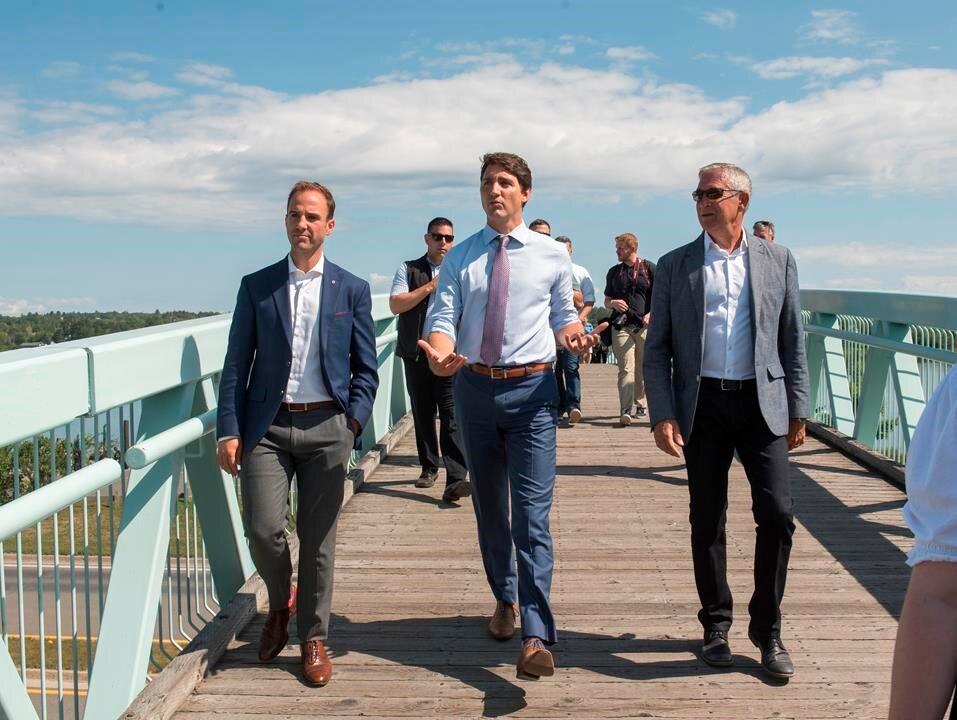By the time the ethics commissioner released his report on the prime minister’s role in the SNC-Lavalin affair, there had already been several major developments, such as Attorney General Jody Wilson-Raybould’s testimony before a parliamentary committee, which led to significant public perception changes regarding the federal government.
That could be one reason why Mario Dion’s report on Prime Minister Justin Trudeau’s conduct may have less of an impact on which way people vote come election day in October, says John Soroski, an associate professor of political science at MacEwan University.





